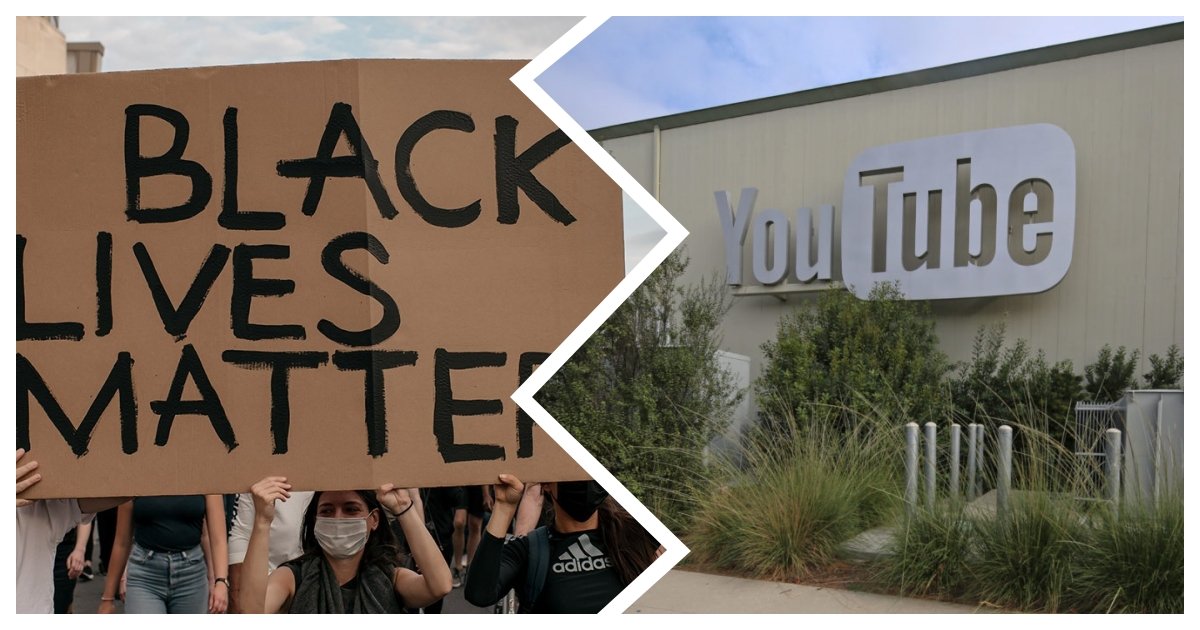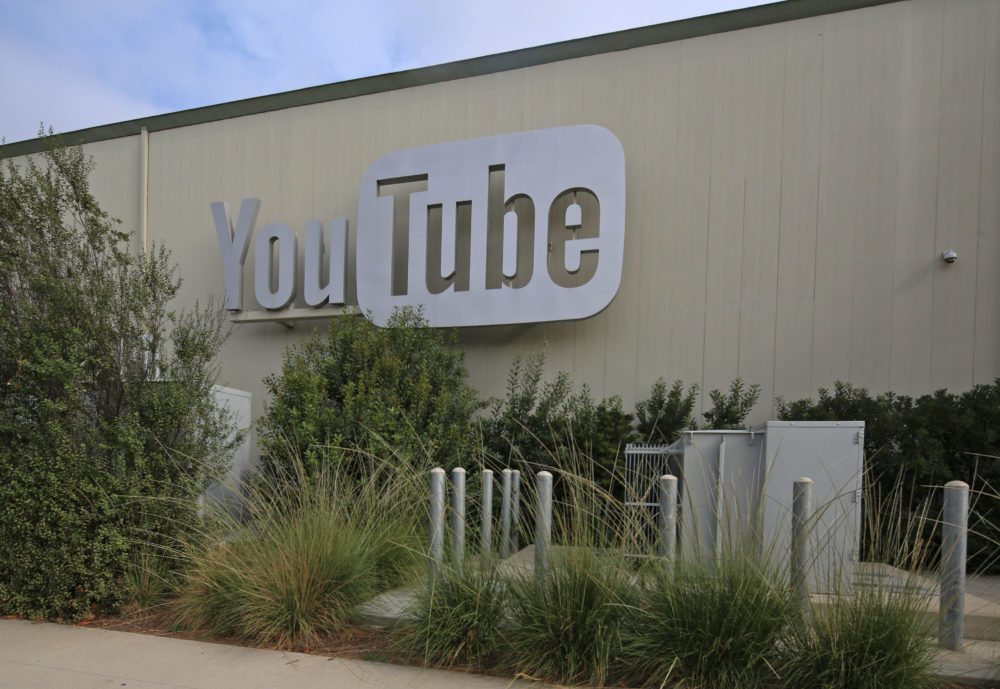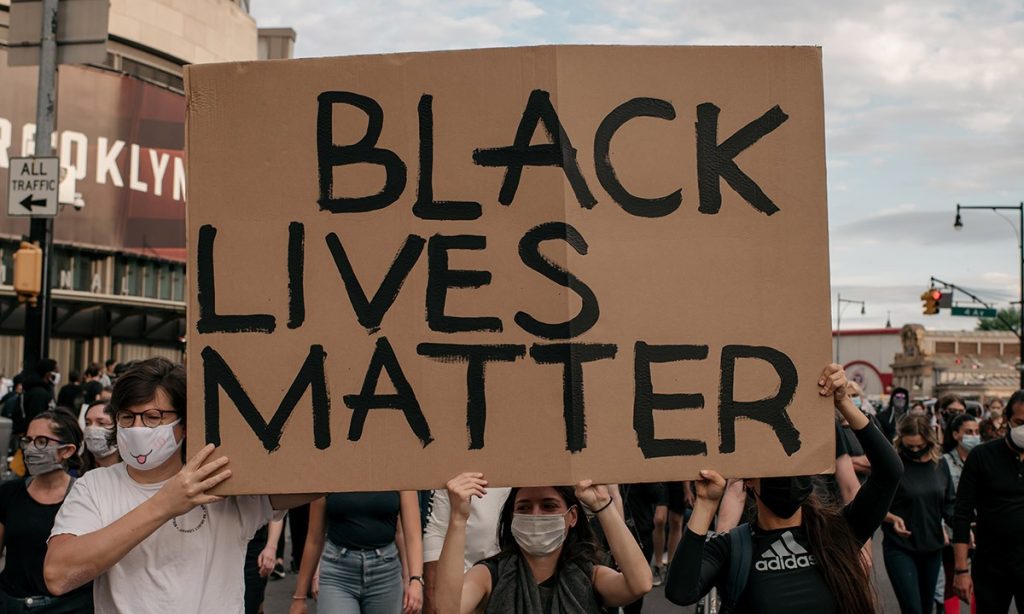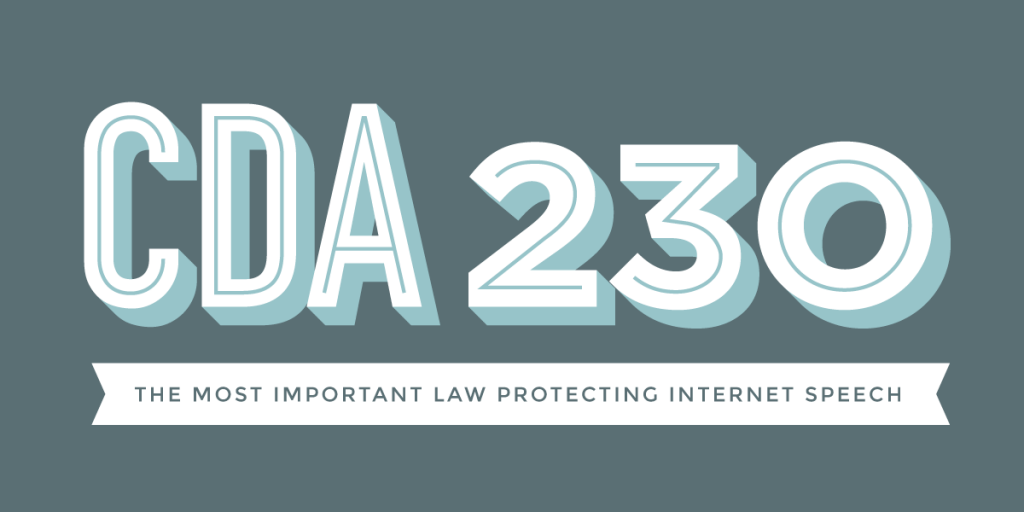African American content makers on YouTube sued the world’s largest video streaming website along with its mother company, Alphabet, arguing that they have violated laws against racial profiling and discrimination.
The law that has been at the center of this case, along with many similar cases, is Section 230 of the Communications Decency Act. The group of content creators said that the YouTube artificial intelligence, algorithm and other tools are used as censoring tools.
If the allegations are true, it would be a violation of the terms of usage. Used properly, these tools are only supposed to make sure that viewers are not recommended videos that may be inappropriate.
However, the plaintiffs argued that the site admins ran some special mode to use those tools to watch and censor particular contents from being shown. They went so far as to say that this was a prime example of digital racism, as race and political ideologies seem to be the prime target.
In particular, the plaintiffs argued that subjects such as BLM (Black Lives Matter) and KKK (Ku Klux Klan) seem to be automatic disqualifications. In other words, they argue that any content that includes those topics automatically are hidden to other viewers regardless of their tone or approach.
Industry insiders believe that although the plaintiffs have put forth digital racism in the forefront, the real focus lies in the rescinding or amending the aforementioned Section 230.
The particular law grants immunity to websites over the contents that were produced by someone else. For example, YouTube can’t be held accountable if white supremacists post racist videos, given that YouTube tried its best to make sure it didn’t happen.
The problem arises from the latter part about the companies trying their best to prevent such contents. Activists have argued that this law has been abused and too widely interpreted by companies as a tool of censorship, preventing any content that the host does not like from gaining traction.
YouTube and Google have not given responses over this particular issue, but they had explained in the past that this particular mode is scarcely ever used and can’t be considered a tool for censorship.
Share your thoughts on this story, and be sure to follow us on Facebook for more news like this one.
Replaced!





